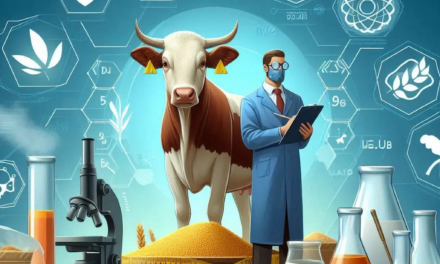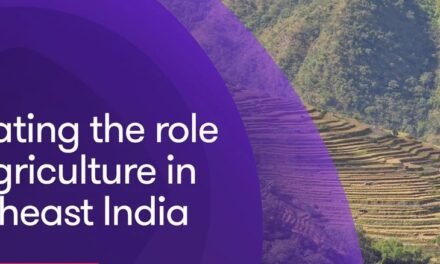Climate change is profoundly impacting the dairy processing industry, affecting supply chain dynamics and production processes. Rising temperatures, altered precipitation patterns, and increased frequency of extreme weather events are disrupting traditional dairy operations, leading to significant challenges and necessitating adaptive strategies.
Supply Chain Disruptions
Climate-induced events such as droughts, floods, and heat waves are causing substantial disruptions in the dairy supply chain. For instance, a “green drought” in southern Australia has led to insufficient rainfall for crops, resulting in feed shortages for livestock and potential increases in meat and dairy prices.
Similarly, severe droughts in regions like Sicily threaten the survival of local dairy breeds, highlighting the vulnerability of dairy supply chains to climate variability.
Water Scarcity
Water scarcity, exacerbated by climate change, is a critical concern for dairy farmers. In South Australia’s South East, impending water cuts from underground aquifers are causing significant anxiety among dairy farmers, potentially leading to job losses and business closures.
Such water shortages can impair milk production and quality, further straining the dairy supply chain.
Methane Emissions and Regulatory Pressures
The dairy industry is under increasing pressure to address methane emissions, a potent greenhouse gas. Methane emissions from dairy operations are a significant contributor to climate change.
Investors are highlighting the risks associated with methane emissions in the dairy and beef sectors, urging companies to implement effective mitigation strategies.
Adaptation and Mitigation Strategies
In response to these challenges, the dairy industry is exploring various adaptation and mitigation strategies. The Dairy Methane Action Alliance (DMAA), launched in 2024, is a collaborative effort by major food and dairy companies to reduce methane emissions from dairy operations.
Additionally, the development and trial of feed additives like Bovaer aim to reduce methane emissions from dairy cows, offering potential solutions to mitigate environmental impacts.
Climate change is significantly affecting the dairy processing industry by disrupting supply chains, exacerbating water scarcity, and increasing regulatory pressures related to greenhouse gas emissions. The industry is actively seeking and implementing strategies to adapt to these challenges, aiming to ensure sustainability and resilience in dairy production.









